About
Global Lifesaving Healthcare Initiative
Life Support Foundation is an international, independent, medical organisation aiming to prevent deaths due to acute, life-threatening conditions in low-income countries through improving the access to and quality ofbasic life-saving interventions.
OBJECTIVES
Life Support Foundation will work to realise its aim through:
advocating globally for health services and health systems to be more responsive to the needs of people with acute, life-threatening conditions
improving access to and quality of Anaesthesia in low-income countries
improving access to and quality of Emergency and Critical Care in low-income countries
improving access to and quality of emergency obstetric care and resuscitation of mothers and newborn babies in low-income countries
encouraging international collaboration between health workers
increasing health workers’ understanding of global health issues and the socio-economic effects on health and health services
conducting research to increase knowledge about Anaesthesia, Critical Care and Emergency Care where resources are limited.
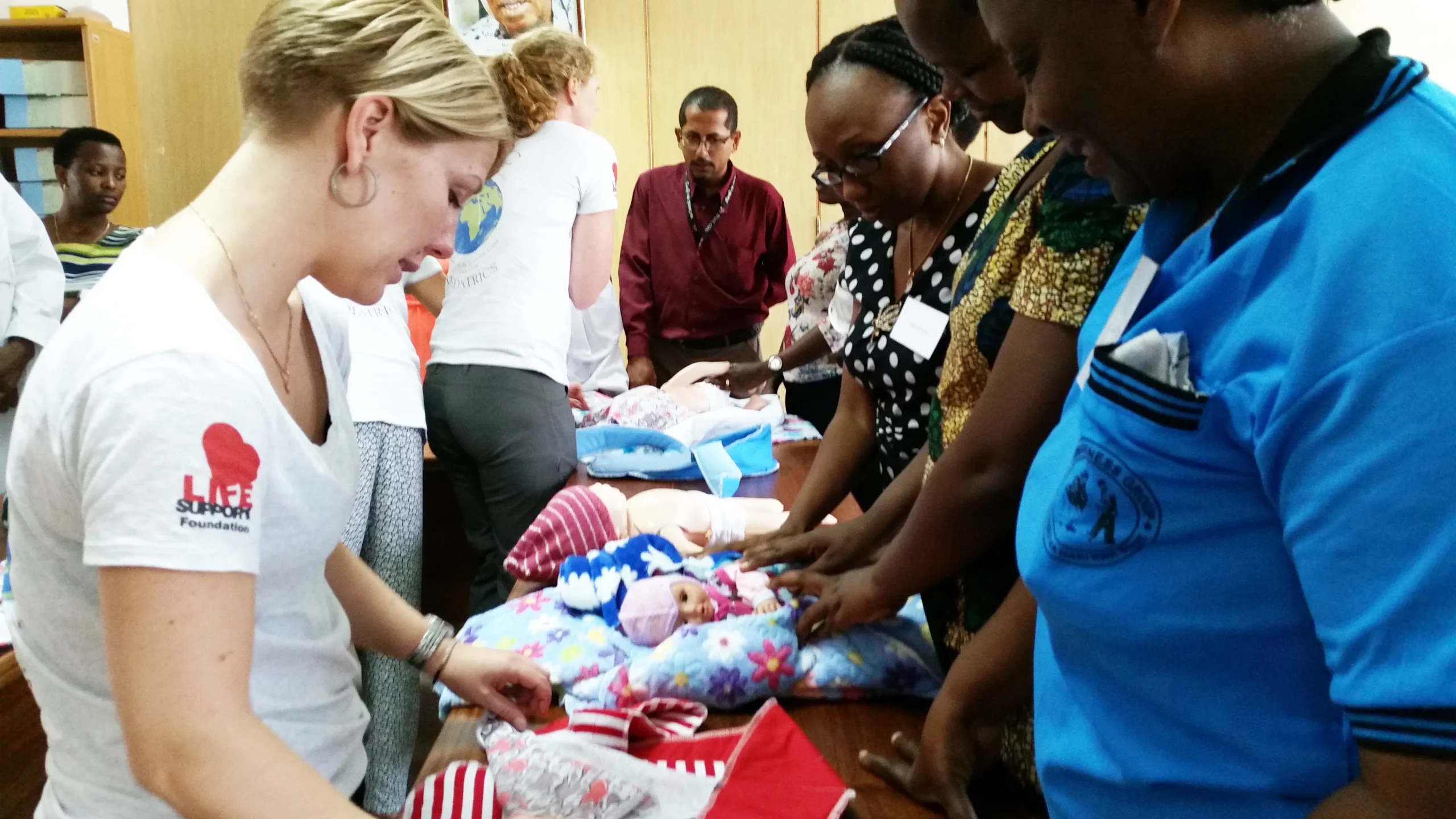
What we do
- Save the lives of mothers, babies and acutely unwell patients.
- Build up stable collaborations with hospitals, universities, doctors & nurses in low-income countries.
- Hold training courses. Nearly 700 doctors & nurses trained in saving lives so far.20161110_125057ny
- Hold staff exchanges between Sweden and lowincome countries.
- Encourage Swedish doctors and nurses to get involved in Global Health projects.
- Encourage junior doctors to choose Anaesthesia and Intensive Care as their specialty and sponsor resident training.
- Carry out research projects.
- Facilitate equipment donations.
- Introduce protocols and checklists to promote safe practices.
- Advocate for the importance of Anaesthesia, Emergency care and Life Support
We have shown that our aims are realistic and that we have the capacity to make it work. We have increased knowledge, improved practices and saved lives.
Background
The roots of Life Support Foundation reach back to 2005-2006 when Dr. Tim Baker was working as a volunteer doctor in Peramiho, Tanzania. There he saw the huge lack of resources in the Tanzanian health system for patients with acute, life-threatening disease.
Similar thoughts were occurring in Muhimbili, Tanzania’s largest hospital, and in 2008 a request for help was sent from Muhimbili to Karolinska, where Dr. Baker was now working. This led to the start of the Muhimbili-Karolinska Anaesthesia and Intensive Care Collaboration MKAIC.

Establishing Life Support Foundation for Global Impact
In 2013 it became clear that a new organisation was required to manage the activities of MKAIC and expand the work beyond Muhimbili and Karolinska. The Life Support Foundation was set up on the 10th October 2013. The founders were Dr. Tim Baker, Associate Professor Lars Irestedt, Dr. Henrik Jörnvall, all specialists in Anaesthesia and Intensive Care at Karolinska, and Dr. Berith Tingåker, specialist Obstetrician. The first board meeting welcomed the addition of Dr. Claes Frostell, Professor in Anaesthesia and Intensive Care at Danderyds hospital to the board.
The Life Support Foundation is an international, independent, medical organisation aiming to prevent deaths due to acute, life-threatening conditions in low-income countries through improving the access to and quality of basic life-saving interventions. Administrative costs are almost zero, and all the doctors, nurses and administrative staff work pro bono. All donations to Life Support Foundation go directly to supporting projects that work towards our aims.
Board
Life Support Foundation Board
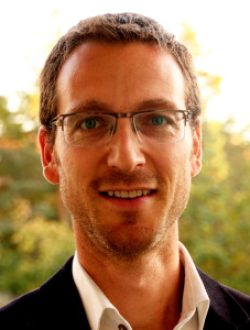
CEO: Dr Tim Baker MB ChB
Dr Baker is a Specialist Anesthesiologist at Karolinska. He has a longstanding interest in global and African health, and has been involved in many projects throughout the world. He has worked extensively in Tanzania, improving clinical services and training staff. He is one of the founders of the international collaboration “MKAIC” and has coordinated the collaboration since its inception. He has a PhD on Critical Care in Low-Income Countries, has published reviews on anesthesia and critical care in low-income countries and speaks fluent Swahili.

Chair: Prof Claes Frostell MD PhD
Prof Frostell is Consultant Anaesthesiologist at Danderyds Hospital in Stockholm and was appointed Professor at Karolinska Institutet in 2001. He has many years of experience at setting up and supporting international links and has been actively involved in the MKAIC project.

Deputy Chair: Associate Prof Lars Irestedt MD PhD
Dr Irestedt is a Senior Consultant and Associate Professor in Obstetric Anesthesia at Karolinska. He has worked in Anesthesia since 1970 and has been both Head of the Department of Anesthesia and Head of Obstetric Anesthesia. He has carried out extensive research in anesthesia and is widely seen as one of Europe’s foremost Obstetric Anesthesiologists. Prof Irestedt was one of the founders of MKAIC and has had an active role in project management, training and research.
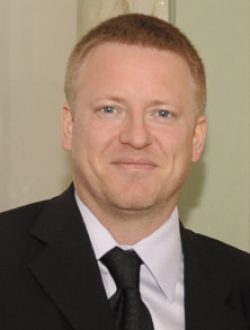
Secretary & Treasurer: Dr Henrik Jörnvall MD PhD
Dr Jörnvall is Consultant Anesthesiologist and head of the department of Obstetric Anesthesia at Karolinska. He has been worked in many low-income countries and has an interest in anesthesia in resource-scarce environments. He is one of the founders of MKAIC and has been involved in project management and training since its inception.
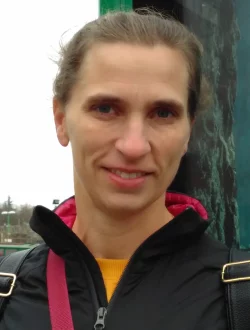
Board member: Lott Törngren, unit manager at Folke Bernadotte Academy
Lott has her roots in civil society, with voluntary involvement in the Youth League of the Red Cross and work for Unga Hörselskadade. She has also worked as an International Coordinator within KFUM with SIDA-funded cooperation projects, primarily in Palestine, but also in Africa and Eastern Europe. This has provided many valuable experiences, not least how to apply for project funding for different types of organizations.
Advisory Board
Life Support Foundation Advisory Board
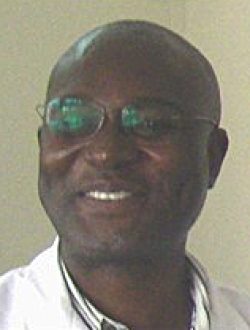
Dr Mpoki M Ulisubisya
Dr Mpoki is the Permanent Secretary at the Ministry of Health, Community Development Gender, Elderly and Children in the United Republic of Tanzania. He was previously Executive Director of Mbeya Zonal Referral Hospital and Head of the Department of Anaesthesia & Intensive Care at Muhimbili National Hospital. He is a specialist Anaesthesiologist and was trained in Tanzania, Australia and India. Dr Mpoki was one of the founders of the MKAIC collaboration and has advised Life Support Foundation since its creation.

Associate Professor Agneta Wikman
Agneta Wikman is a senior consultant and associate professor in Clinical Immunology and Transfusion Medicine. She has large experience of all routines in the Blood Bank and in blood transfusions and the treatment of bleeding patients, and has active research in the field. She has been the president of the Swedish Society of Transfusion Medicine 2006-2012 and is the Scientific Advisor for the National Board of Health and Welfare in Sweden.
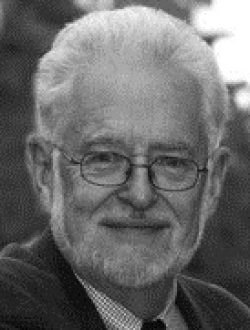
Professor Jan Lindsten
Jan Lindsten is a Consultant Doctor and Professor in Medical Genetics. He was Doctor-in-Charge and Hospital Director of Karolinska University Hospital from 1990-1994 and Hospital Director of Rigshospitalet in Copenhagen from 1994-1996. He was previously Dean of the Medical Faculty at Karolinska Institutet and held the prestigious position of Secretary General of the Nobel Committee for 12 years. He has been actively involved in healthcare in low-resource settings, working as a consultant to Muhimbili National Hospital and as a member of the Board of Operation Smile in Sweden.
Staff
Local Project Administrators in Dar es Salaam:
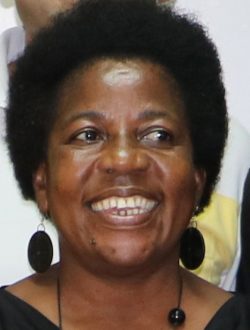
Suzan Mbonde, Project Administrator at Muhimbili National Hospital
Suzan Mbonde is a Anaesthetist nurse at Muhimbli Hospital, where she has been a valuable resource in the planning of Life Support- and MKAIC-courses, besides many other commitments. She has also been in Sweden as part of the Life Support Foundation/MKAIC exchange programme.
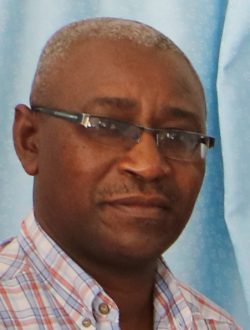
Christopher Mnzava, Project Administrator at Amana Hospital
Dr Christopher Mnzava has studied Emergency and Disaster Management at Coventry University, where he graduated in 2010.
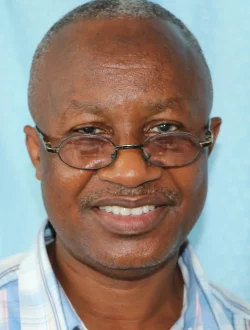
Omar Issa, Project Administrator at Sinza Hospital
Omar Issa is a Medical Officer at Sinza Hospital, specialized in anesthesia. As part of the Life Support/MKAIC exchange programme, he was at Karolinska University Hospital in 2014, studying pain relief during childbirth, sponsored by EDUF, Educational Microloan and Scholarship Foundation.
Muhimbili-Karolinska Anaesthesia and Intensive Care Collaboration
MKAIC works to build cross-cultural understanding and partnership between Karolinska University Hospital in Sweden and Muhimbili National Hospital in Tanzania with the aim of improving knowledge and skills and strengthening healthcare services in Anaesthesia and Intensive Care.
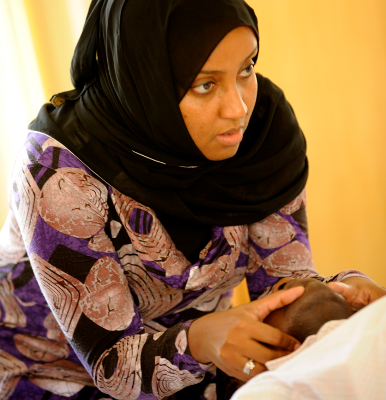
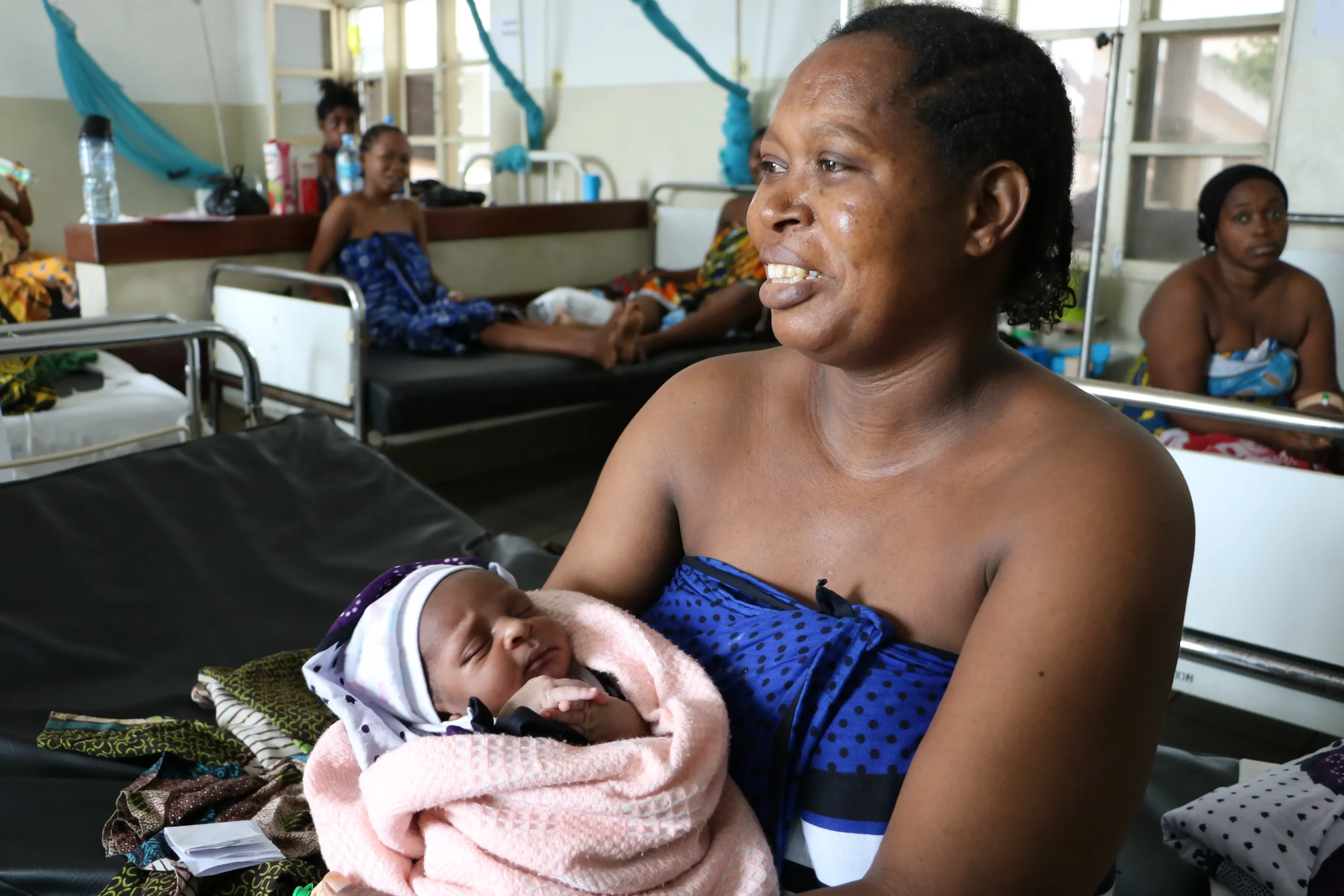
The Kavli Trust – Life Support for Mothers and Babies in Dar
With the help of the Kavli Trust Life Support Foundation has been able to launch the project “Life Support For Mothers and Babies in Dar”. Life Support Foundation has conducted training in Dar es Salaam, focusing on basic life saving measures, such as how to evaluate and resuscitate mothers with heavy bleeding, how to help newborns breathe, and how to give safe anaesthesia for Caesarean sections.
Life Support Foundation Statutes
In October 2013 the Life Support Foundation was established. The following are an unofficial translation of the foundation’s Swedish statutes.
AIM
Life Support Foundation is an international, independent, medical organisation aiming to prevent deaths due to acute, life-threatening conditions in low-income countries through improving the access to and quality of basic life-saving interventions.
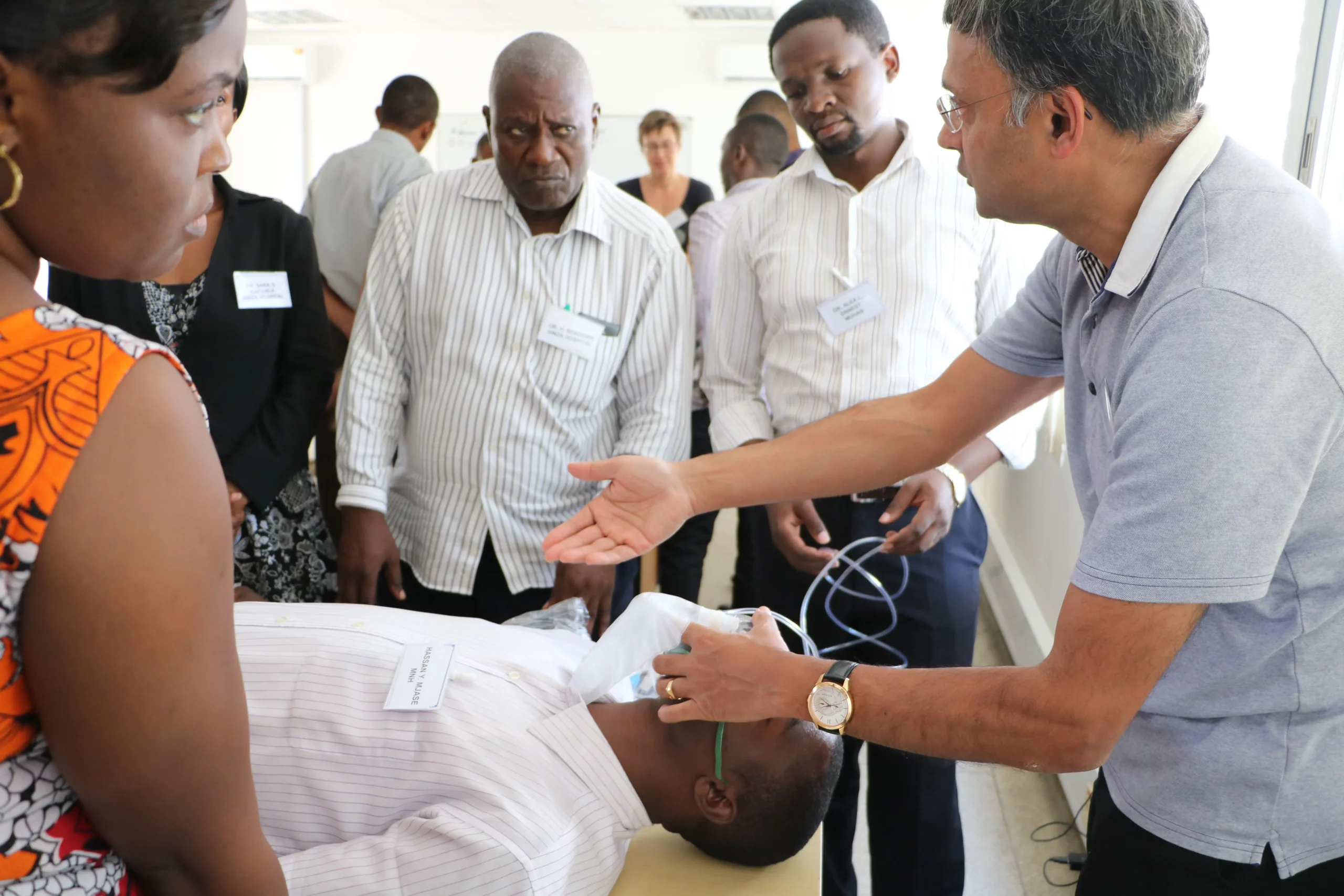
OBJECTIVES
Life Support Foundation will focus its efforts in low-income countries through raising funds and supporting activities that work to realise its aim through:
- raising awareness among health systems, hospitals, universities and other organisations of the need for quick, effective interventions for people with acute, life-threatening conditions
- improving access to and quality of Anaesthesia, Criticial Care and Emergency Care in low-income countries
- improving access to and quality of emergency obstetric care and resuscitation of mothers and newborn babies in low-income countries
- encouraging international collaboration between health workers
- increasing health workers’ understanding of global health issues and the socio-economic effects on health and health services
- conducting research to increase knowledge about Anaesthesia, Critical Care and Emergency Care where resources are limited
The Life Support Foundation will achieve its’ aims through:
- Arranging courses and training
- Staff exchanges between Sweden and other countries
- Research and quality-improvement initiatives
- Dissemination of information
- Inspiring and developing medical societies
- Improving patient safety, guidelines and checklists
- Introducing medical equipment and training in its use
- Other means that the board decide further the foundation’s aims
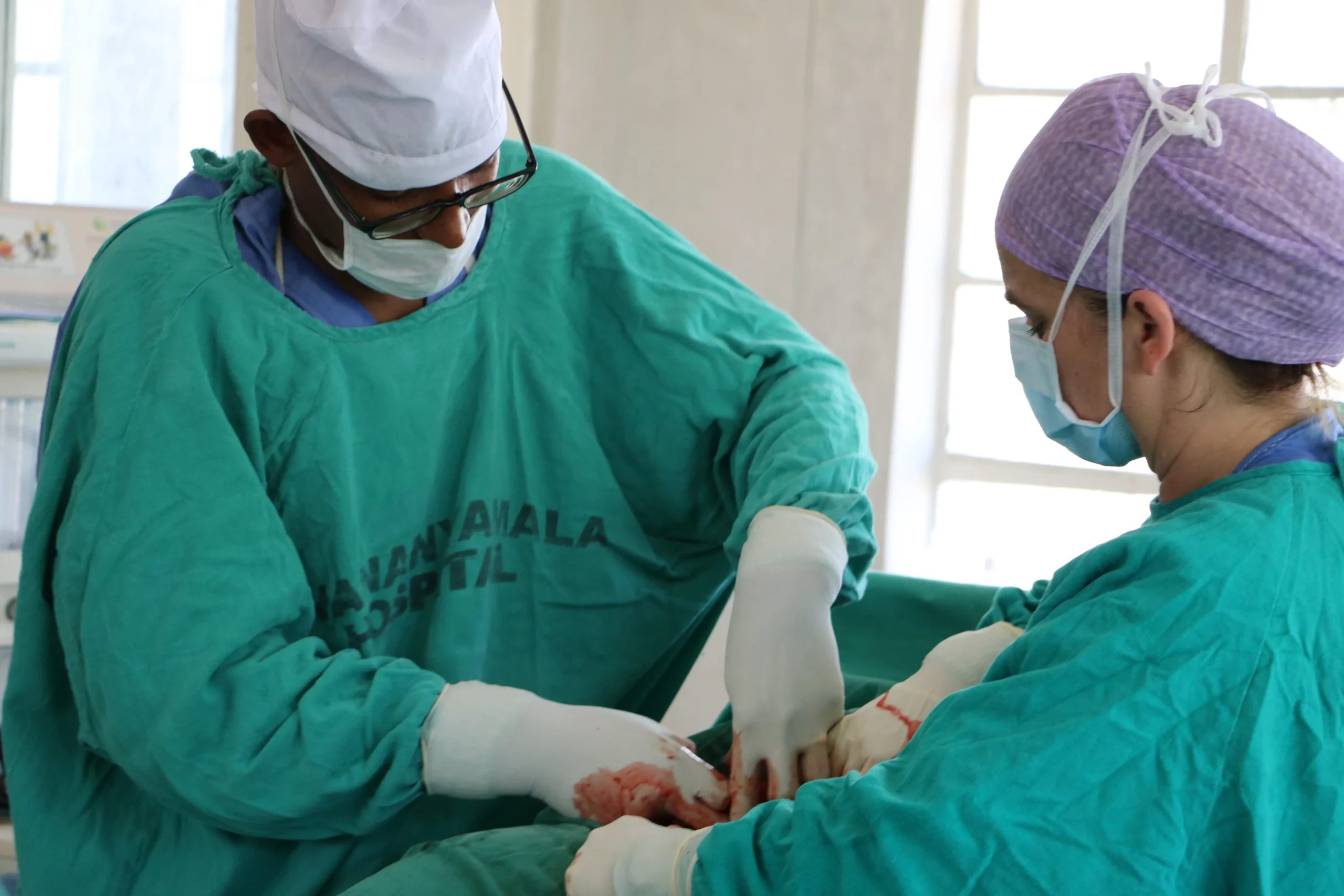
Guiding Resource Allocation and Public Transparency
Distribution of the foundation’s resources will be decided by the Board. The Board welcome external applications and may distribute resources without prior application. The Board may give out stipends or other funds. The Board’s aim is to put as much of the foundations resources to use as possible, in line with the foundation’s aims.
The Board will continually inform the general public of the foundation’s activities though the internet and other channels in order to raise further funds.
The Board will consist of at least three members, of which one should be an anaesthesiologist and one an obstetrician. A chair is elected for a period of one year. The foundation has a registered accountant.
The founders of the Life Support Foundation were Tim Baker, Lars Irestedt, Henrik Jörnvall and Berith Tingåker

